Nigerian Traditional Dress for Females
Nigerian traditional dress for females is a vibrant reflection of the country’s rich cultural diversity and heritage. Each ethnic group in Nigeria boasts its unique style of traditional attire, often worn during ceremonies, festivals, weddings, and other significant cultural events. This blog post explores some of the most iconic Nigerian traditional dresses worn by women, highlighting their cultural significance and distinctive features.
Table of Contents
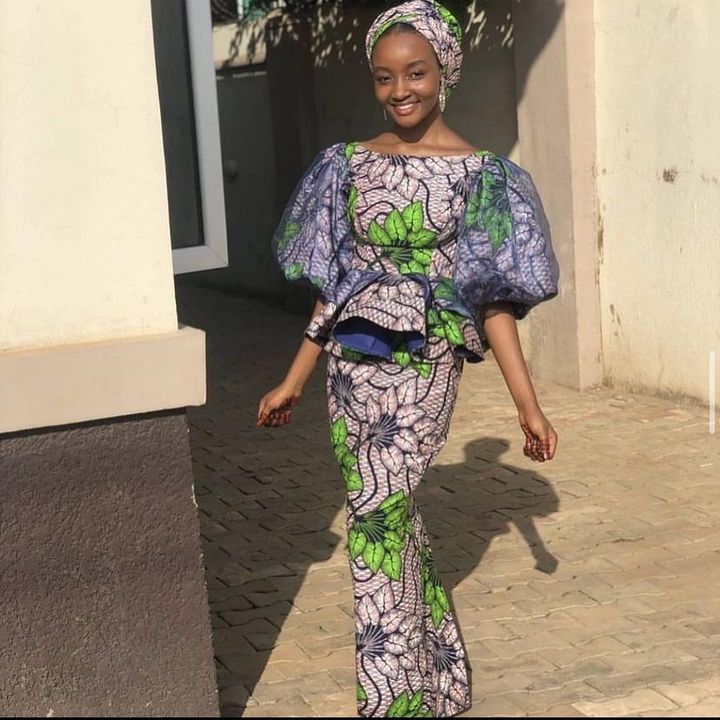

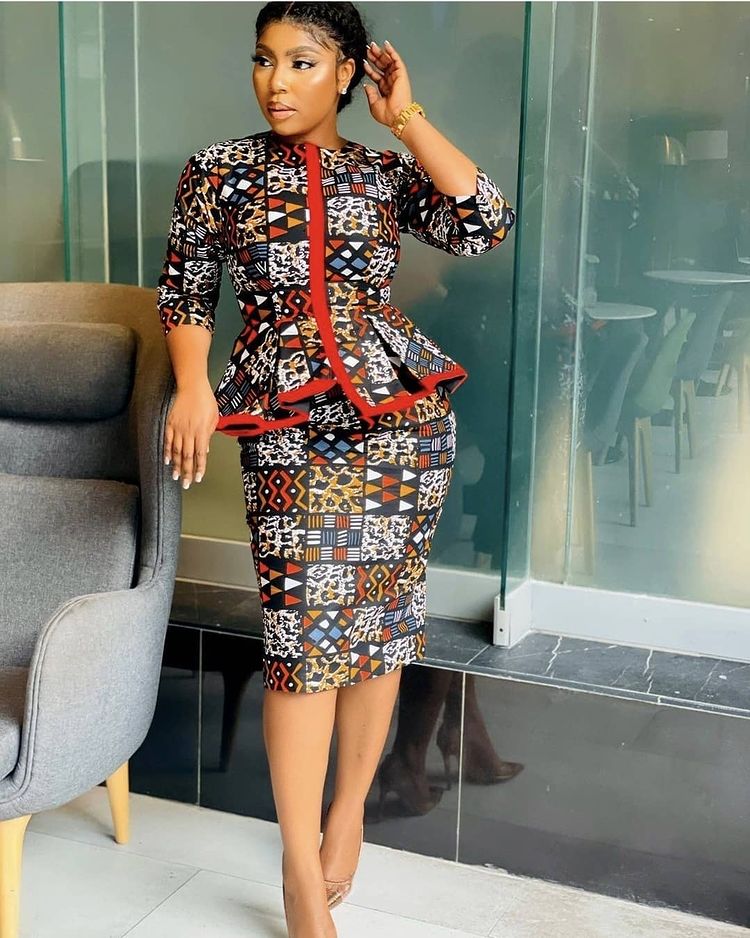


Nigerian Traditional Dress for Females


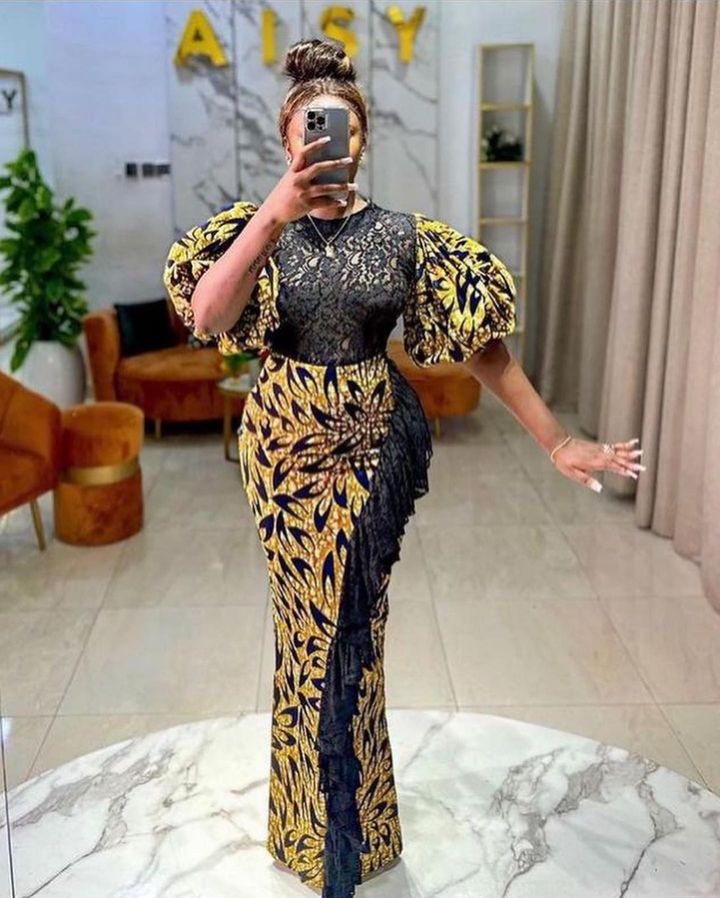
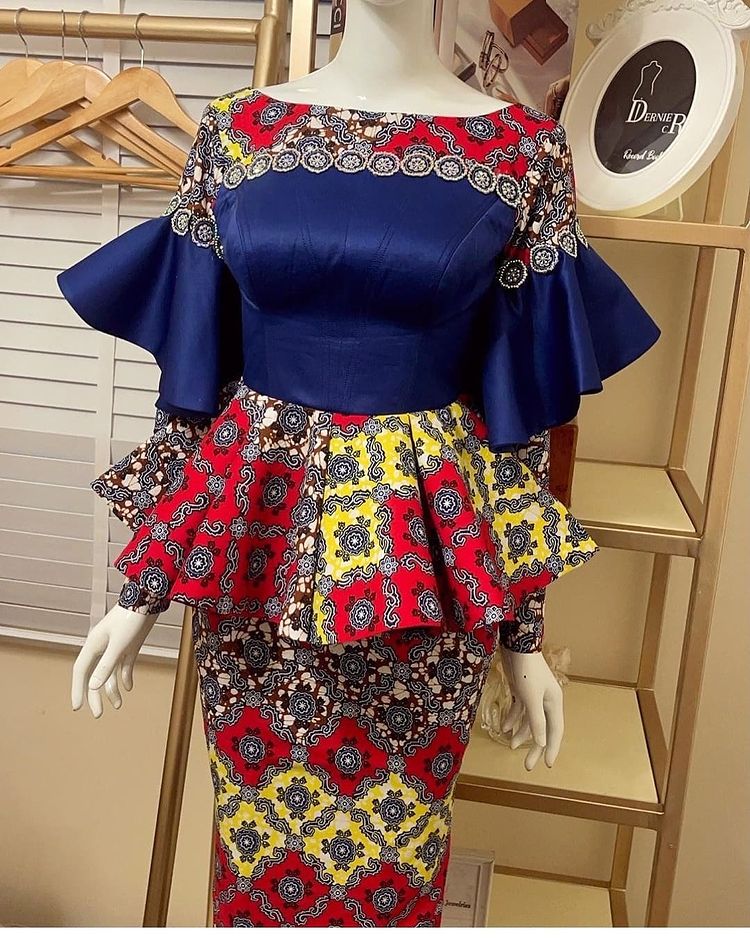
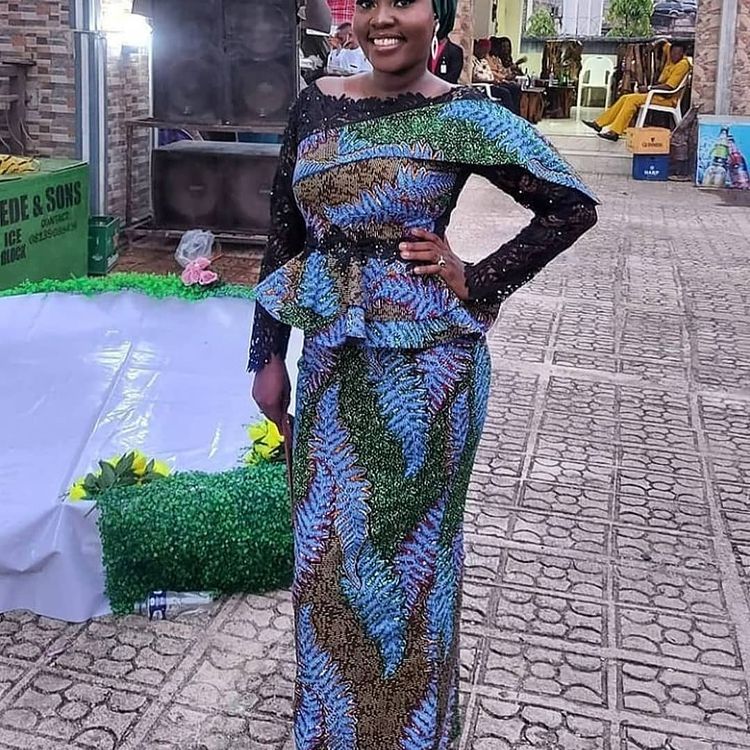


-
Nigerian Traditional Dress for Females
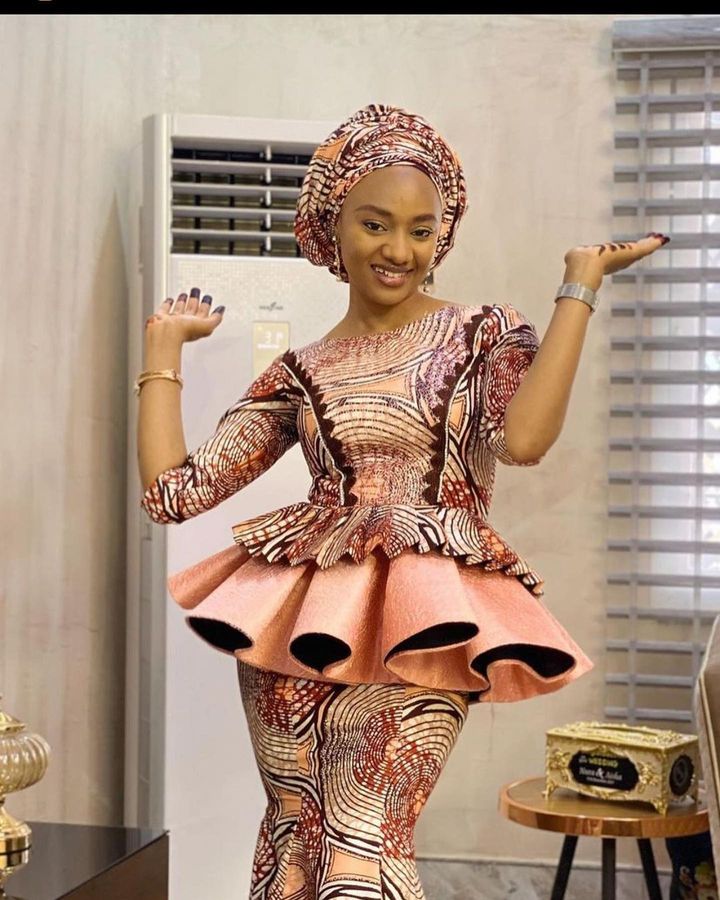
Nigerian Traditional Dress for Females Nigerian traditional dress for females is a vibrant reflection of the country’s rich cultural diversity and heritage. Each ethnic group in Nigeria boasts its unique style of traditional attire, often worn during ceremonies, festivals, weddings, and other significant cultural events. This blog post explores some of the most iconic Nigerian…
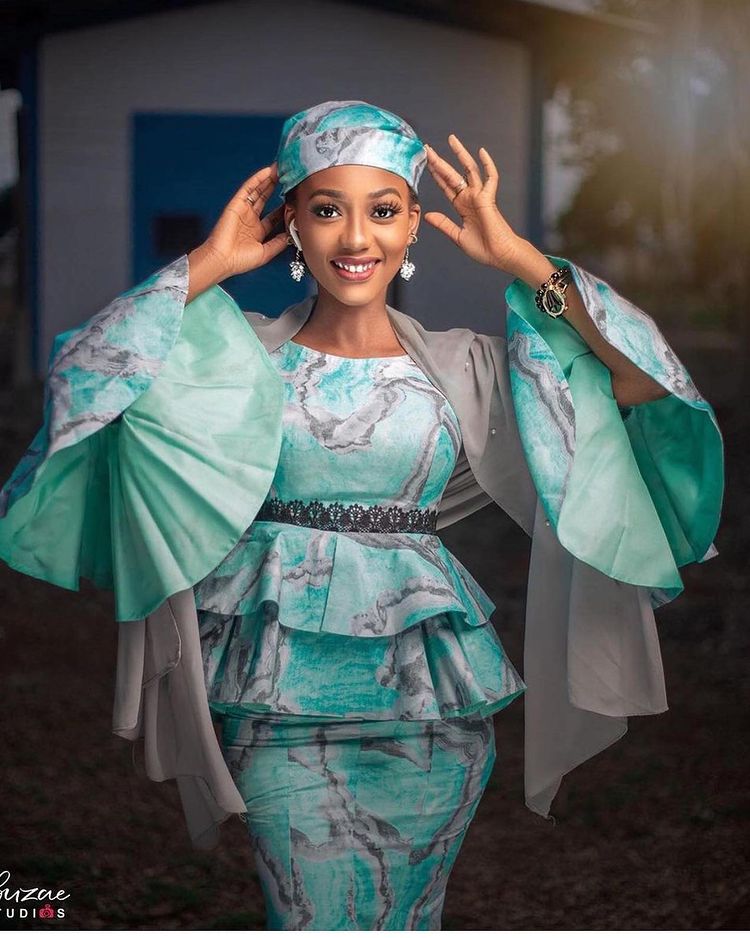




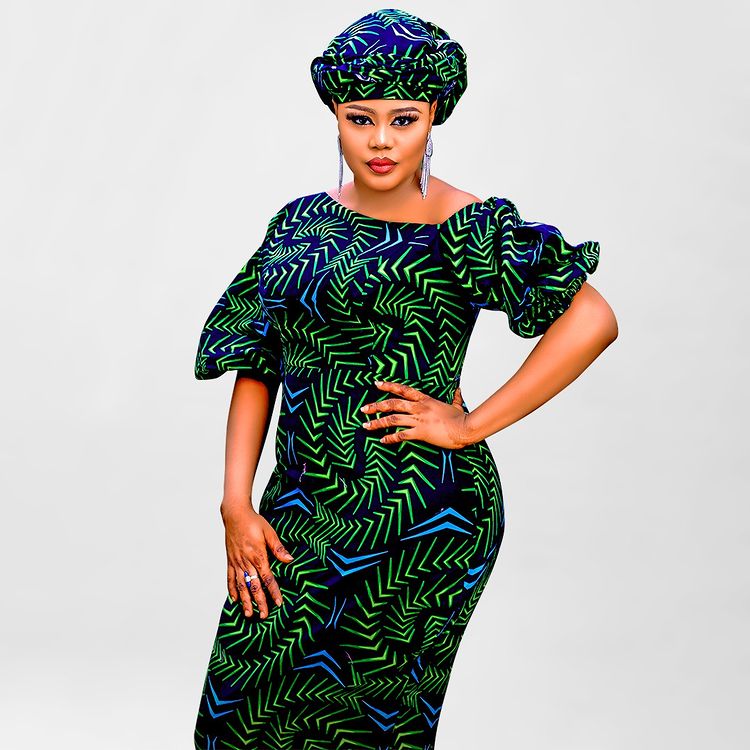


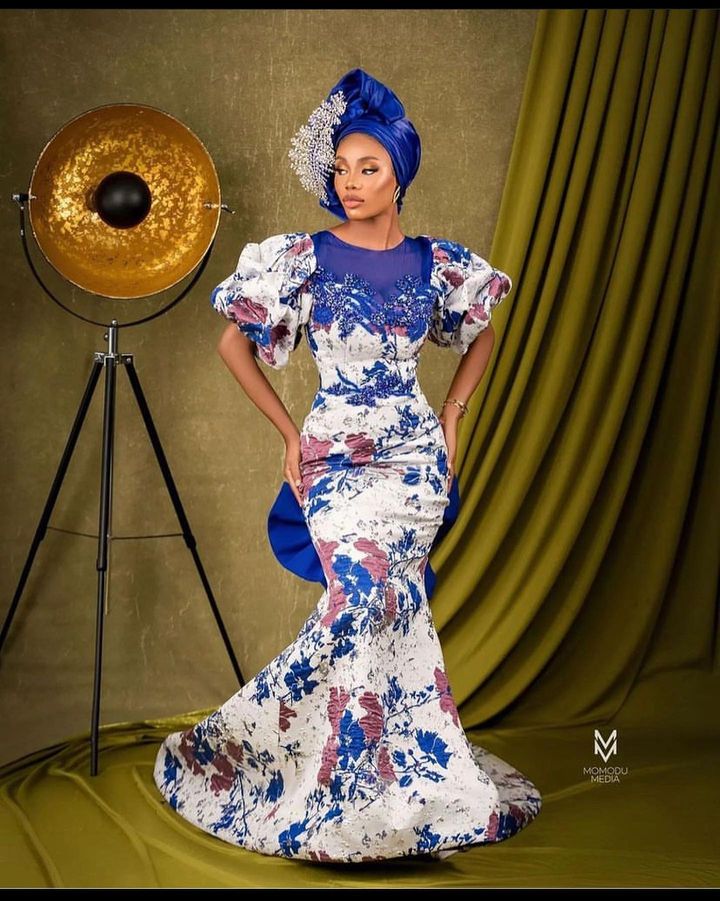
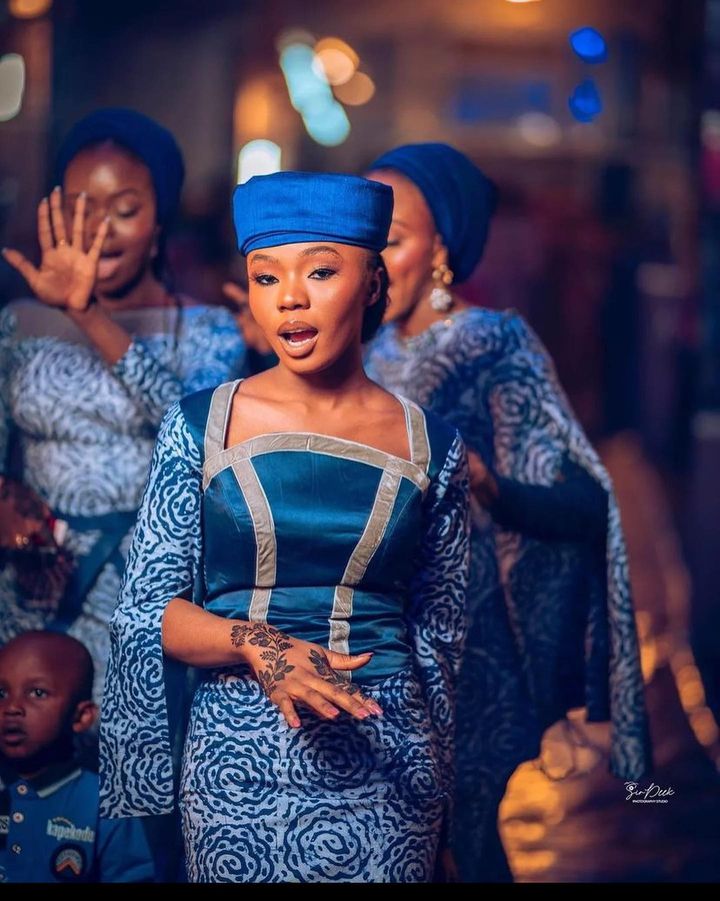


















Yoruba Traditional Dress
The Yoruba traditional dress for females is characterized by its colorful and elaborate designs. One of the most recognized garments is the iro and buba, which consists of a wrapper (iro) tied around the waist and a blouse (buba) worn on top. The fabric used is often adorned with intricate patterns and can be made from various textiles such as aso-oke (handwoven cloth), lace, or Ankara prints. Accessories like gele (headgear) and beads are often worn to complement the outfit.
Igbo Traditional Dress
Igbo women traditionally wear the george wrapper or akwa ocha (white cloth) paired with a blouse and a head tie. The george wrapper is a silk fabric with elaborate embroidery or motifs, often worn during weddings and important ceremonies. The blouse can vary in style, from simple designs to more ornate pieces with embellishments. Beads, coral necklaces, and other jewelry are essential accessories that complete the Igbo traditional attire.
Hausa Traditional Dress
Hausa women in Nigeria wear the shiwa or zani, which are brightly colored wrappers that are draped elegantly and tied around the waist. The top is usually a loose-fitting blouse called shiromani or boubou, which can be embroidered or decorated with intricate patterns. The attire is often complemented by a matching headscarf or veil, known as gele or ruwa, and jewelry such as earrings, bracelets, and necklaces made from gold or silver.
Other Ethnic Groups
Nigeria is home to numerous other ethnic groups, each with its unique traditional dress styles for women. For example, the Edo women wear the wrapper and blouse adorned with coral beads, while the Fulani women are known for their striking shuku (hairstyle) and intricate embroidery on their dresses. The Ibibio women of the South-South region often wear akwa ocha with colorful embroidery and head wraps.
Modern Adaptations
In contemporary Nigeria, traditional dresses have evolved to incorporate modern influences and trends. Many women combine traditional fabrics and designs with contemporary styles to create fusion attire that is both fashionable and culturally significant. Designers often experiment with different textures, colors, and cuts to appeal to a broader audience while preserving the essence of Nigerian heritage.
Conclusion
Nigerian traditional dress for females celebrates the country’s cultural diversity and heritage through vibrant colors, intricate designs, and symbolic accessories. From the elaborate iro and buba of the Yoruba to the graceful george wrapper of the Igbo and the colorful shiwa of the Hausa, each attire tells a unique story and holds deep cultural significance. As Nigeria continues to embrace its cultural identity, traditional dresses remain an integral part of celebrations and a source of pride for women across the country.